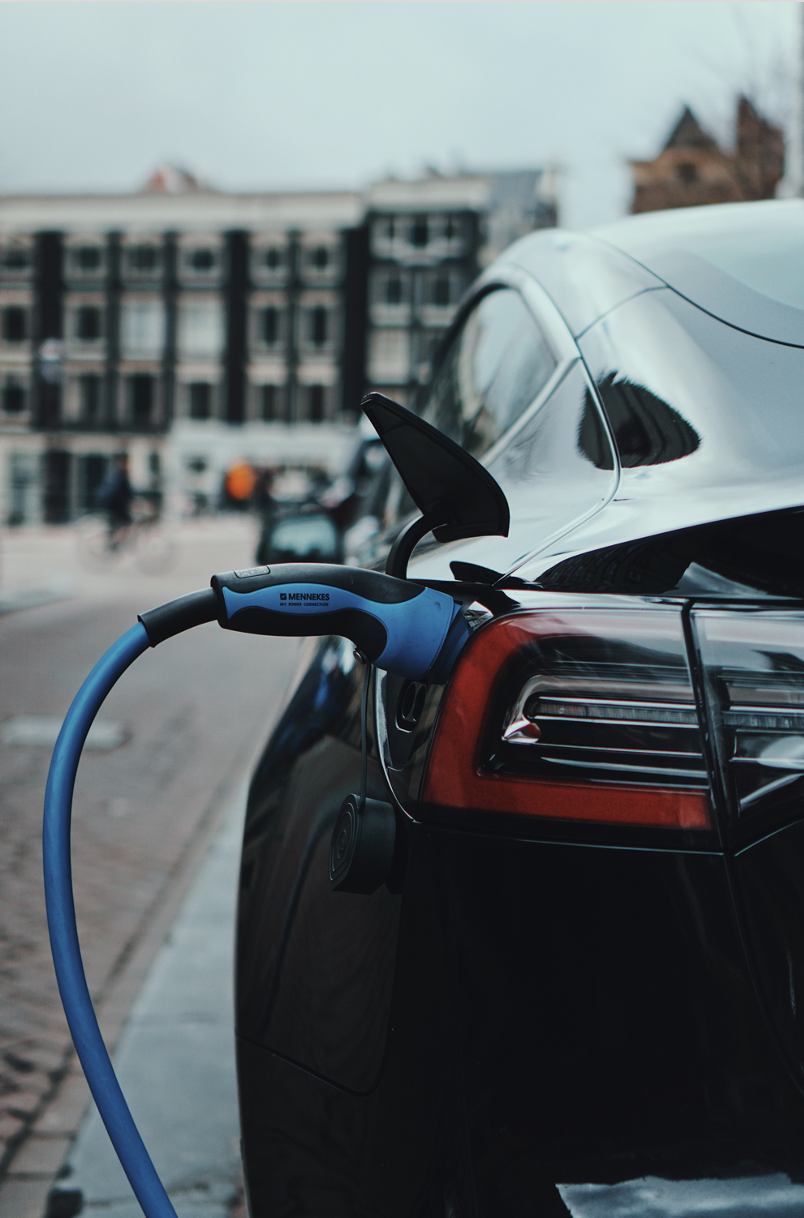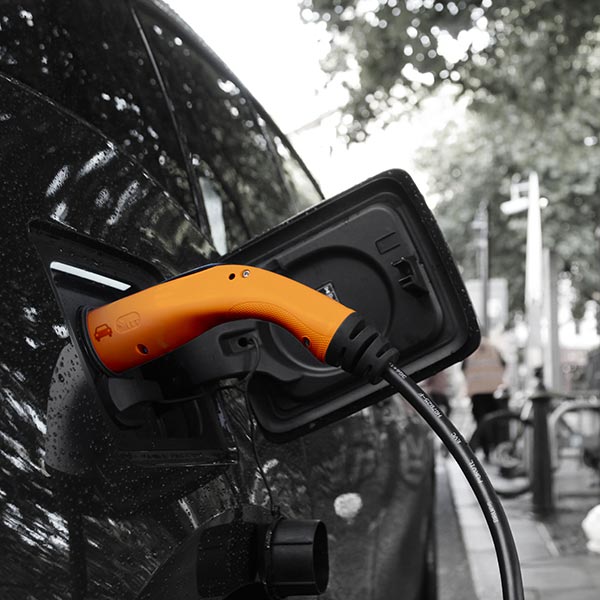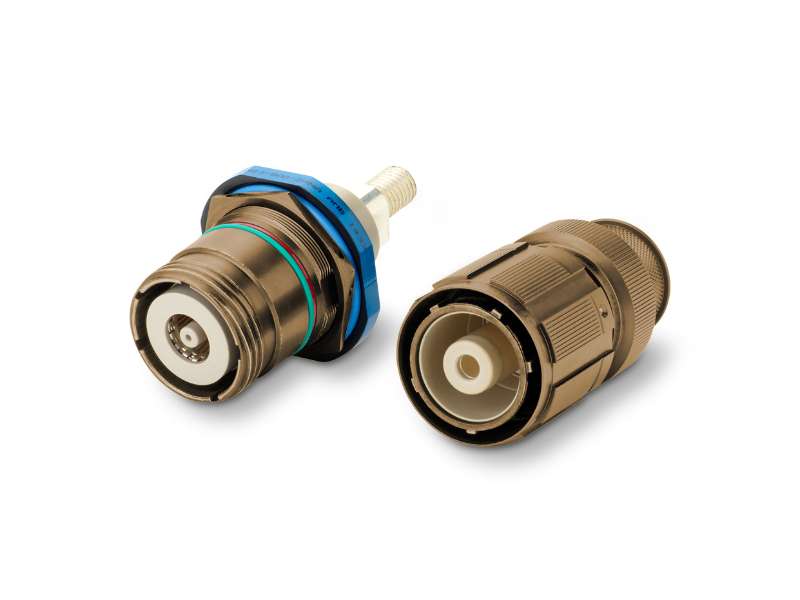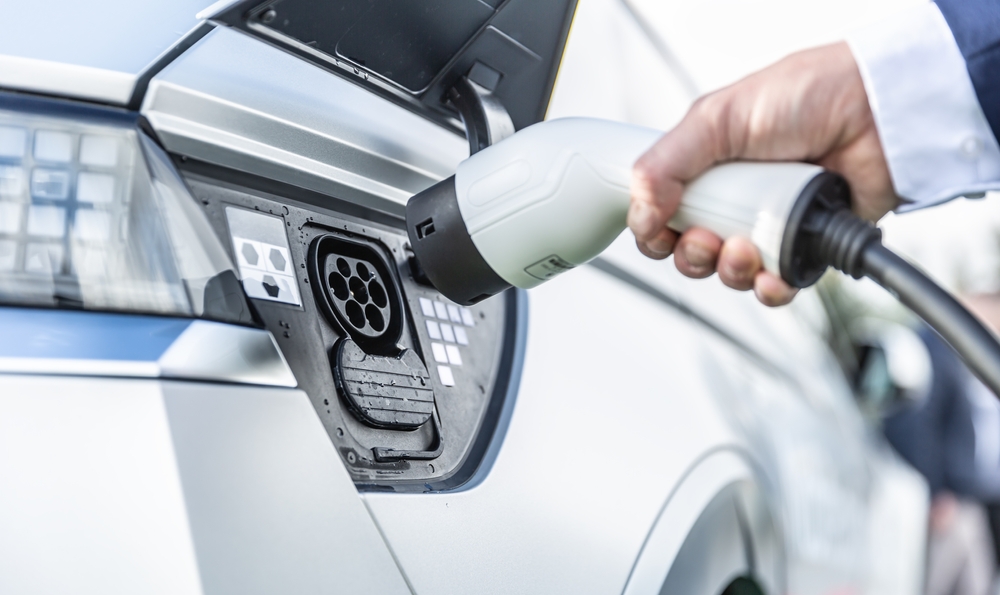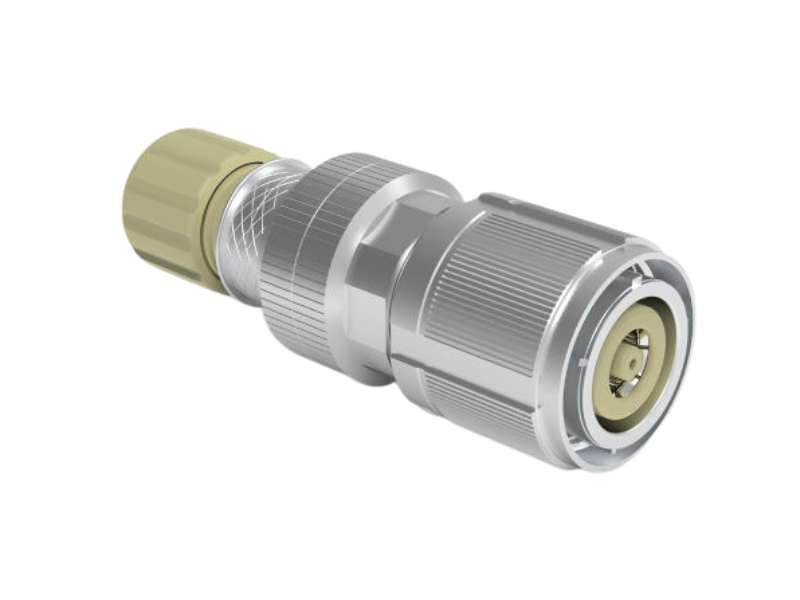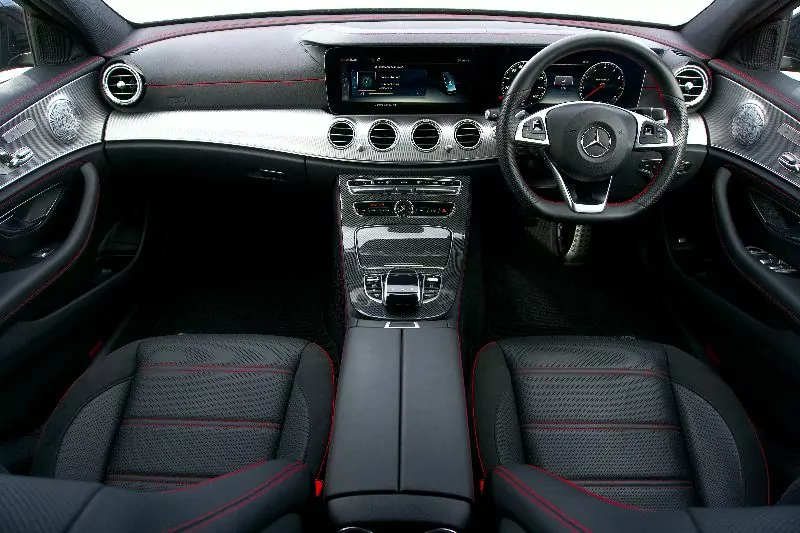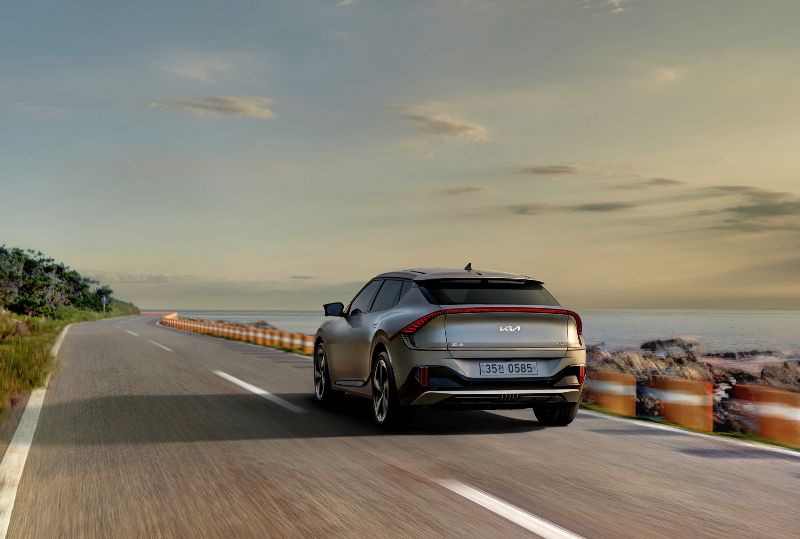India’s automotive sector is racing ahead in electric vehicle (EV) production, but according to LiveMint a significant talent gap is causing a flurry of headhunting within the industry. As companies rapidly adopt strategies ranging from hiring international experts to developing in-house EV-focused training programmes, the big question is: can they keep pace with the booming demand?
The scale of India’s EV challenge is formidable. Although the country currently boasts about 2.8 million EVs, market projections indicate a staggering 94.4% CAGR by 2030. The swift expansion rate, however, is outstripping the speed at which the workforce can be equipped with the necessary skills. Sitaram Kandi, VP of HR at Tata Motors, notes, “The talent shortage in software, AI, and other EV-specific areas is significant. There’s essentially a talent war in these domains.”
A 2022 study by the Indian Venture and Alternate Capital Association (IVCA) in collaboration with EY and IndusLaw forecasts that by 2030, the EV industry will generate over 10 million direct and 50 million indirect jobs.
To meet this demand, automakers are casting their nets wider, recruiting from related sectors, especially for sought-after middle management roles. Notably, the industry has seen a spike in attrition rates. Professionals in the INR 10 lakh – INR 35 lakh salary bracket are particularly coveted, with those shifting jobs in the auto sector potentially gaining a 25% salary hike, a figure that can double for those with EV specialisation.
To fill the skills void, Indian companies are also turning to international markets, particularly targeting tech-savvy experts from South Korea, Japan, the US, and Europe. Given the lucrative salary packages on offer, the Indian EV sector is becoming an enticing prospect for global professionals.
As for the roles in the highest demand, the industry seeks individuals who have an in-depth understanding of the nuances of EV technology, such as cell chemistry and battery pack design. Engineers with expertise in electrochemistry and electrical architecture are particularly in demand.
Rather than solely focusing on recruitment, automakers are also addressing the talent gap from within. Many are setting up training programmes, collaborating with universities, and establishing dedicated research centres. Mahindra & Mahindra, for instance, has concentrated its EV research and development activities under one unified structure. Ather Energy, a notable electric two-wheeler start-up, emphasises nurturing and “building talent” in-house. Meanwhile, Tata Motors has set an ambitious goal to upskill approximately 50% of its staff in advanced auto technologies within five years.
In an innovative approach, automakers are also introducing apprentice schemes, whereby participants receive specialised training and then transition into permanent roles. As the industry evolves, there’s a growing expectation that gig workers, trained in niche areas like auto design, will become an integral part of the sector, collaborating on specific projects.
Thousands of senior engineers and procurement professionals subscribe to our LinkedIn Market Intel newsletter – get yours here
For more help with looking at supply chain options, contact Astute Electronics

